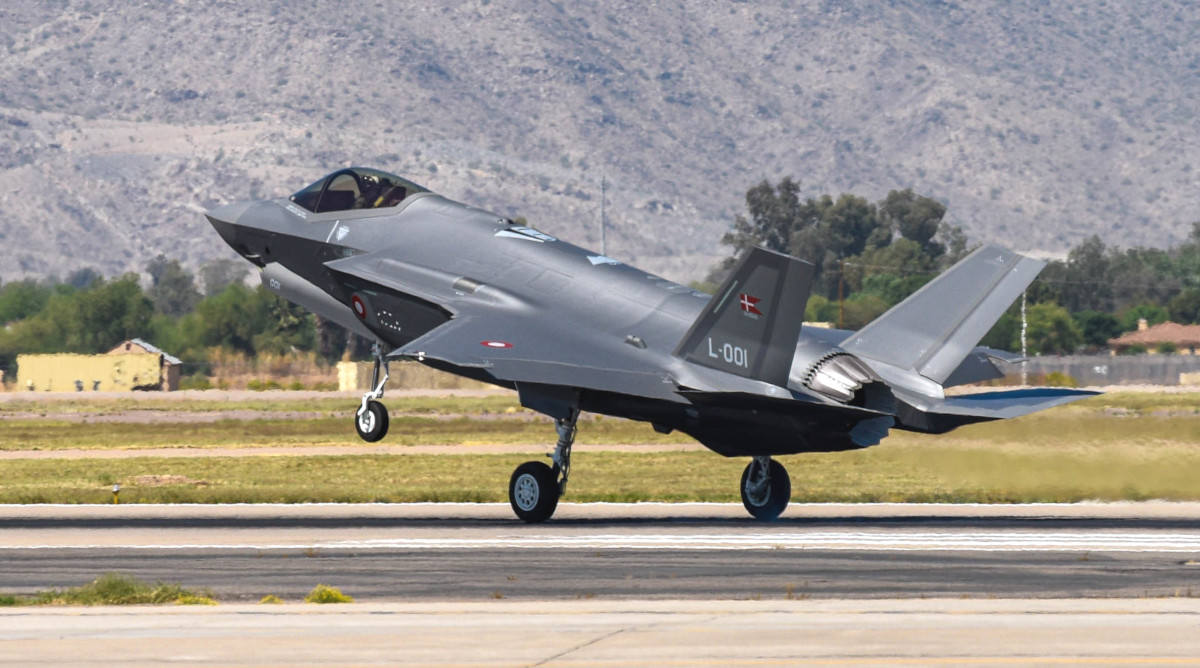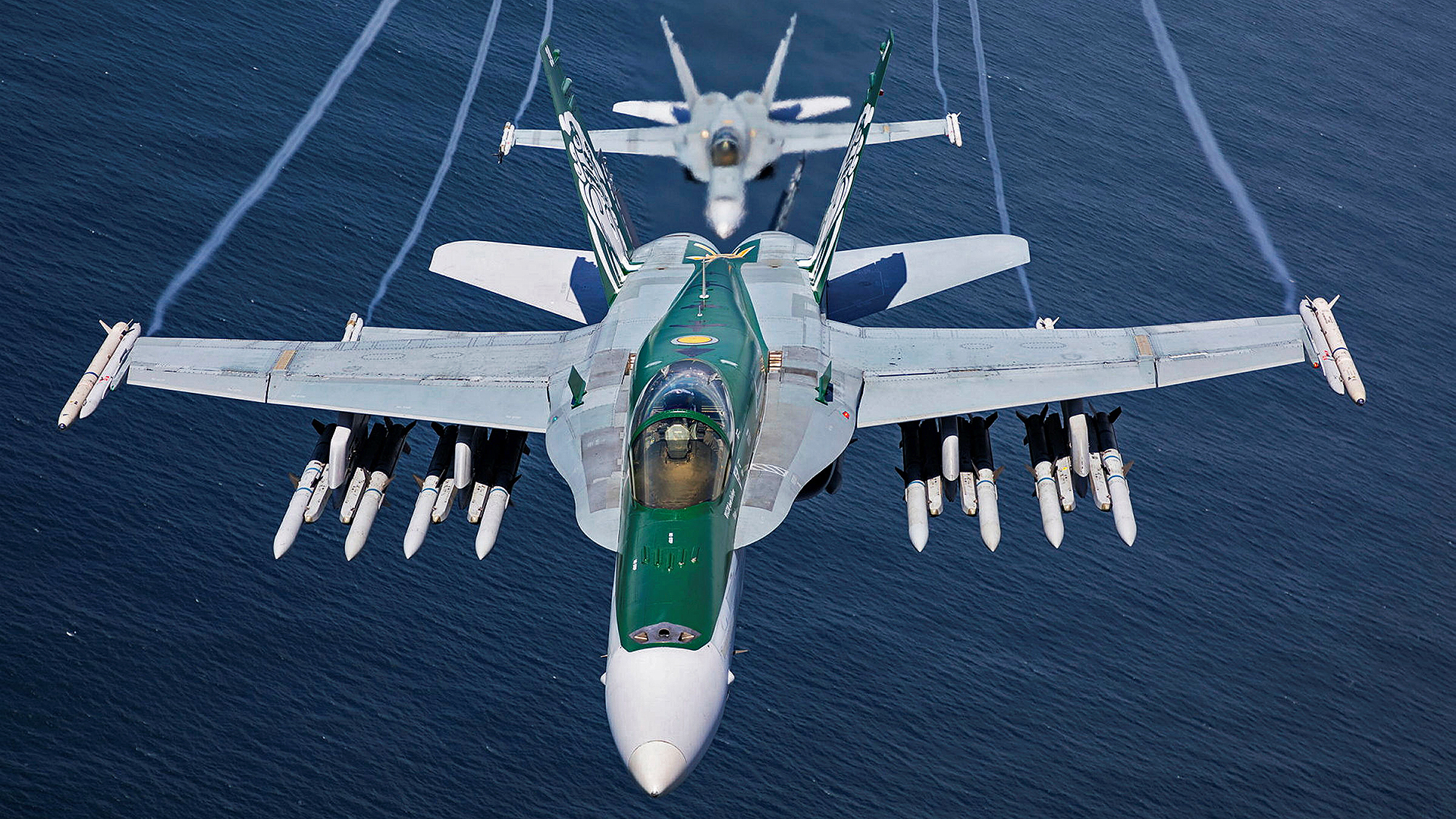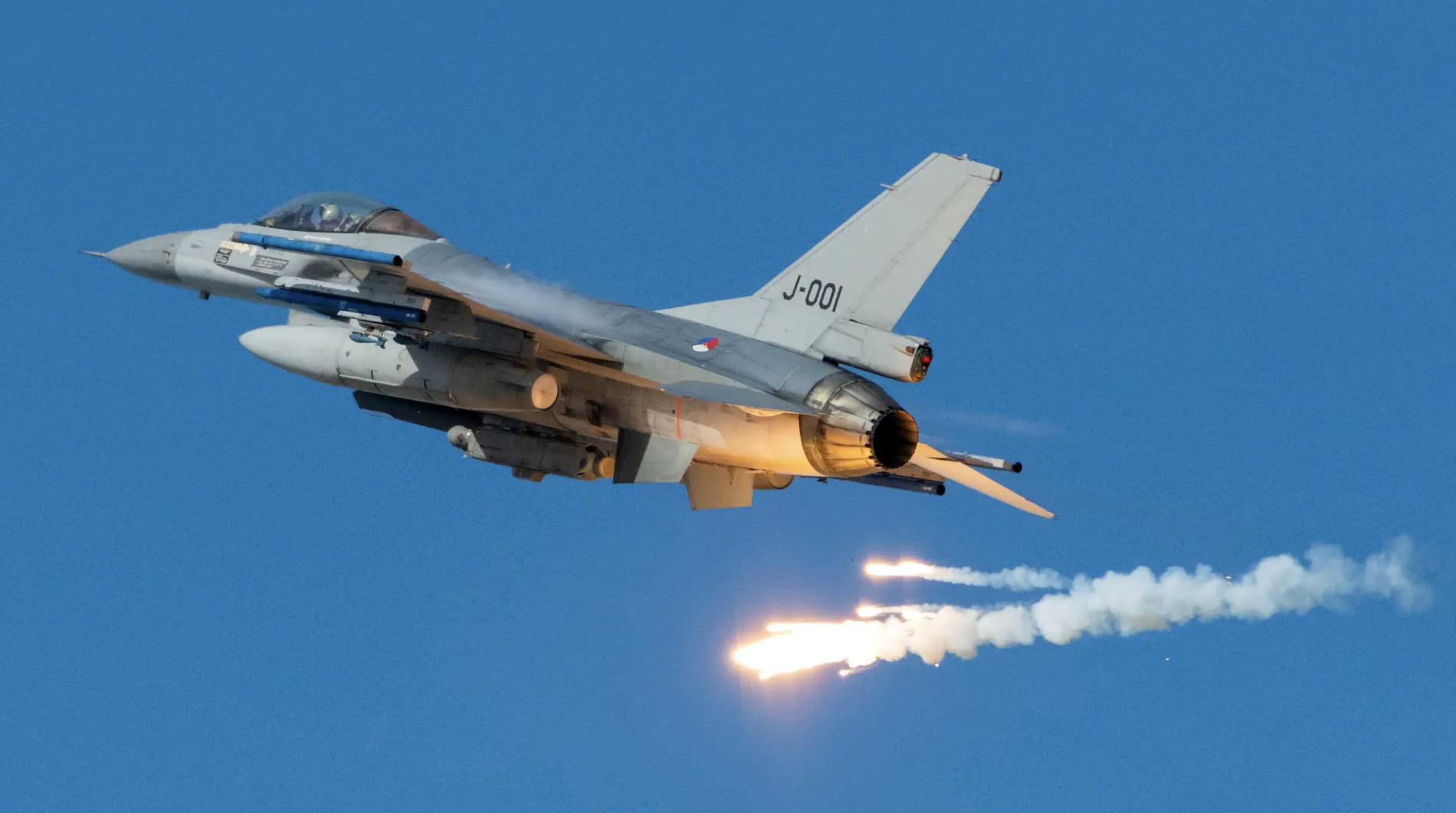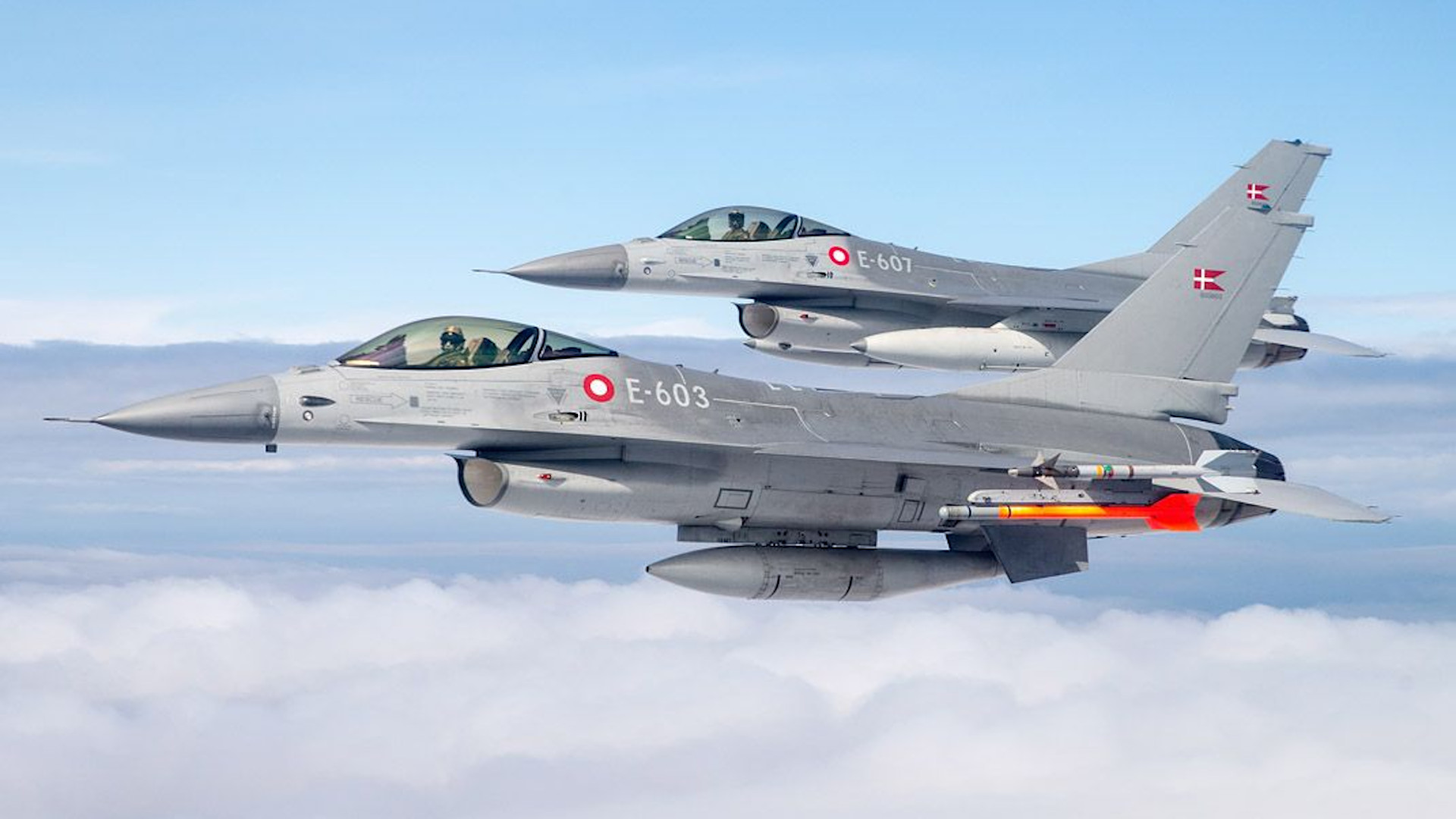The Danish government will actively consider whether or not to transfer F-16 Viper fighter jets to the Ukrainian Air Force now that it has made its move to start training that country’s pilots to fly the jets. Authorities in Denmark have also announced plans to have the last of their existing F-16AM/BMs out of service by 2025, two years earlier than expected, which help pave the way for sending at least some of those aircraft to Ukraine.
Troels Lund Poulsen, Denmark’s Acting Minister of Defense, discussed the matter of F-16s for Ukraine in an interview with the country’s public broadcaster DR published earlier today. His remarks come as a NATO-led effort to at least train Ukrainian pilots to fly F-16s and other more modern Western combat jets has taken shape in the past few months.

“We have taken the step of starting a training and further education effort for the Ukrainian pilots,” Lund Poulsen said, according to DR. Now, “we will also consider whether we should make a concrete donation to Ukraine of the Danish F-16s… and how many there should be.”
The Royal Danish Air Force has around 43 F-16AM/BM Vipers in active service, which are set to be replaced with stealthy F-35A Joint Strike Fighters. It’s unclear whether there are additional Danish Vipers in storage, but if that is the case, those fighters would need more work to get them read for donation to Ukraine.
The Danish Ministry of Defense’s original goal was for that transition to be complete by 2027, but says it has now accelerated that timeline to 2025. Authorities in Denmark had originally planned to retire the Vipers closer to 2024-2025, but had made an initial decision to extend their time in service after Russia’s all-out invasion of Ukraine last year.

In speaking with DR, Acting Danish Minister Lund Poulsen did say this would not necessarily preclude a transfer of at least some of his country’s F-16s to Ukraine before 2025.
“This does not mean that you cannot make a decision beforehand,” he said. “But they [F-16AM/BMs] will be in Denmark until [at least] 2024.”
It is worth noting that, back in April, Lund Poulsen had indicated that a decision about whether or not to send F-16s to Ukraine could come “before the summer,” according to France’s Le Figaro newspaper. However, his remarks to DR raise the question of whether he was talking about the pilot training program, a decision about which was made along that timeline, rather than the transfer of actual jets.
“Denmark is not going to do this alone,” Lund Poulsen had also said at that time per Le Figaro‘s report. “We will have to do this with several countries. And we will also have to have a dialogue with the Americans on this.”
Since then, Belgium, the Netherlands, Poland, Romania, and the United Kingdom, along with Denmark, have all announced their intentions to train Ukrainian pilots to fly the F-16. With the exception of the United Kingdom, all of these countries are Viper operators now. Romania has emerged as a potential hub for this multi-national program.
Ukrainian authorities are separately assessing the condition of ex-Royal Australian Air Force F/A-18A/B Hornets ahead of a possible decision about acquiring those fighters.

Sweden is also initiating a training effort around the Gripen C/D fighter. France has indicated that it is open to training Ukrainian pilots to fly more modern Western combat jets, as well.
When it comes to F-16s for Ukraine, the sticking point may still be about how much time is really necessary to get Ukrainian pilots, as well as ground personnel, adequately prepared to fly and sustain the jets. In his recent remarks to DR, Lund Poulsen reiterated a long-standing Western assessment, shared by the U.S. government, that it will take between six and eight months to properly train Ukrainian pilots to operate the Viper.
A U.S. Air Force report that leaked earlier this year said that a baseline evaluation of two experienced Ukrainian pilots had indicated that they could attain a relatively rudimentary capacity to operate the Viper within four months. You can read more about that assessment, the findings of which appeared to have been shared with Belgium, Bulgaria, Denmark, Norway, Poland, Portugal, Romania, the Netherlands, and the United Kingdom, here.
As The War Zone has outlined in the past, it is likely that any future Ukrainian F-16 fleet would be made up of jets from multiple sources. The new talk about the possibility of transferring Danish jets notably following Dutch authorities recently highlighting the renewed availability of dozens of Vipers on their end, at least to potentially support the Ukraine pilot training effort. Those F-16s were part of a tranche that had already been retired from Dutch service, but the future of many of them is now uncertain after a planned sale to U.S. ‘red air’ adversary contractor Draken was significantly scaled back.

Ukrainian officials are, of course, pushing to get F-16s as soon as possible, arguing primarily that they will offer a significant increase in their air defense capabilities. A Ukrainian MiG-29 pilot known publicly by his call sign Juice has told The War Zone on multiple occasions that even older Vipers’ ability to fire the active radar-guided AIM-120 Advanced Medium Range Air-to-Air Missile (AMRAAM) would be a particularly significant boon to the Ukrainian Air Force over the air-to-air missiles its existing Soviet-design fighters are capable of employing.
Whatever the case, Danish Acting Minister of Defense Lund Poulsen latest remarks are more evidence that multiple NATO members, in particular, are moving closer to a decision about sending F-16s to Ukraine. Lund Poulsen’s comments specifically leave open the possibility of transferring a portion of the Danish F-16AM/BM fleet in the next year or so as those Vipers begin to be retired.
All that being said, exactly when F-16s might begin to enter Ukrainian service does still remain to be seen.
Contact the author: joe@thedrive.com
